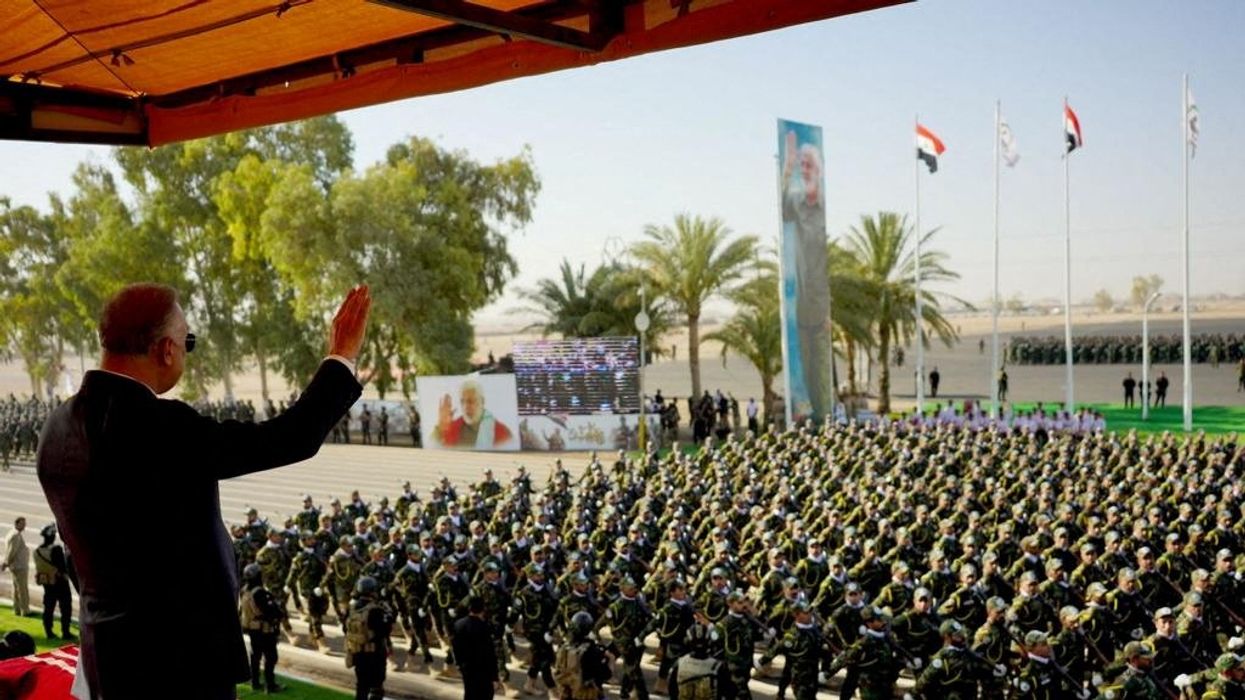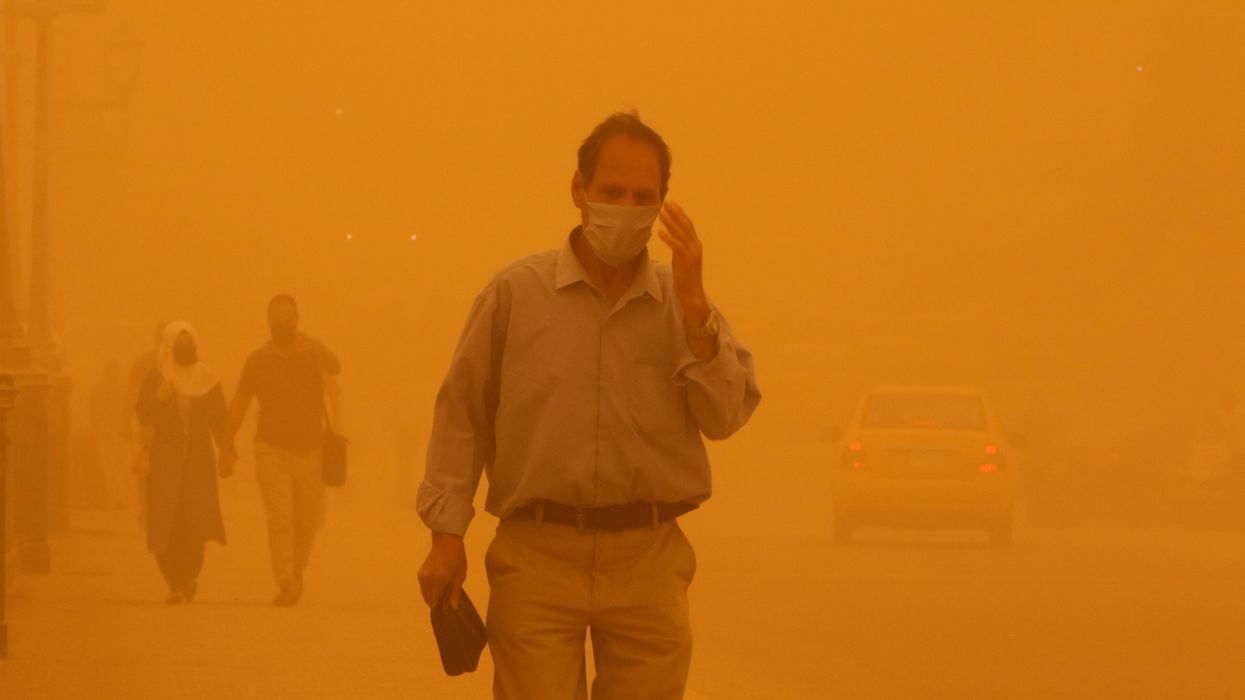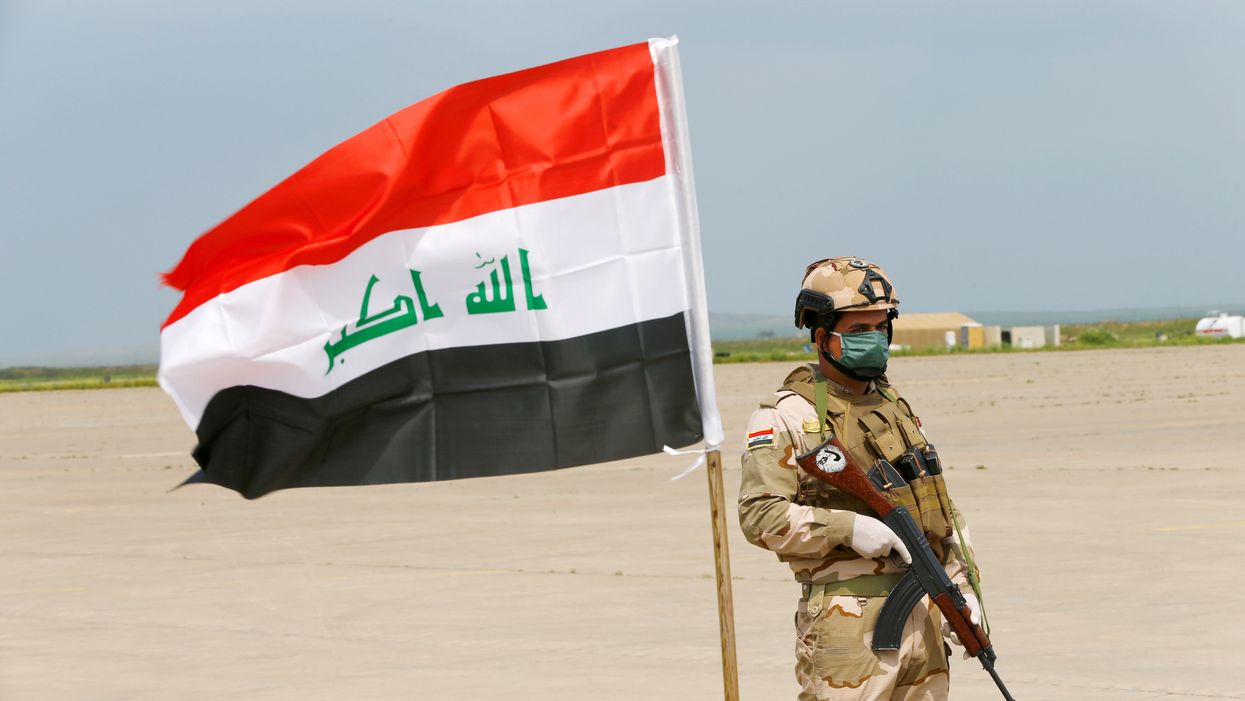News
Russian-Israeli doctoral student abducted in Baghdad
Elizabeth Tsurkov, a 36-year-old Russian-Israeli researcher and academic, was kidnapped back in March while on a research trip in Iraq, the Israeli government revealed on Wednesday.
Jul 05, 2023



